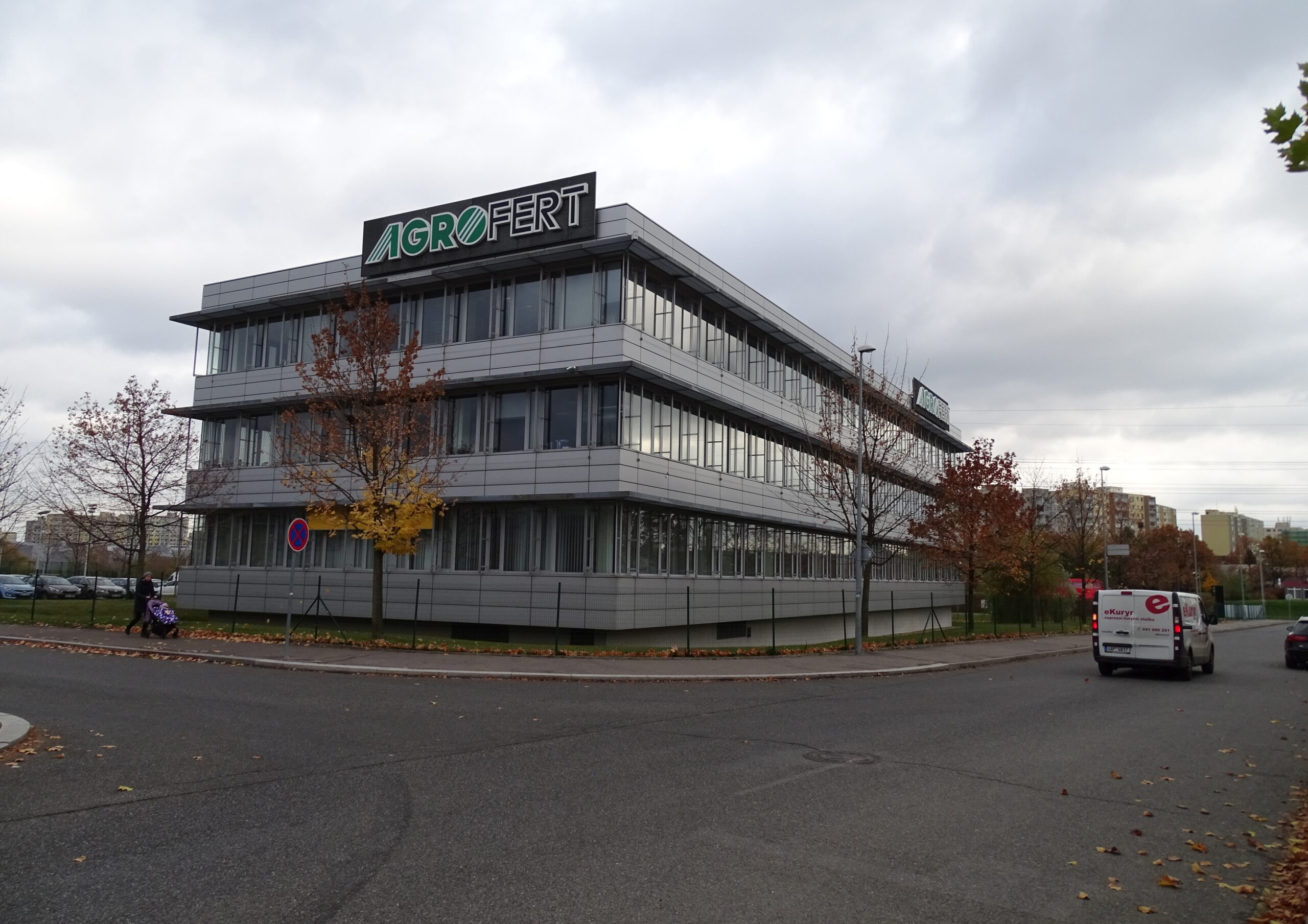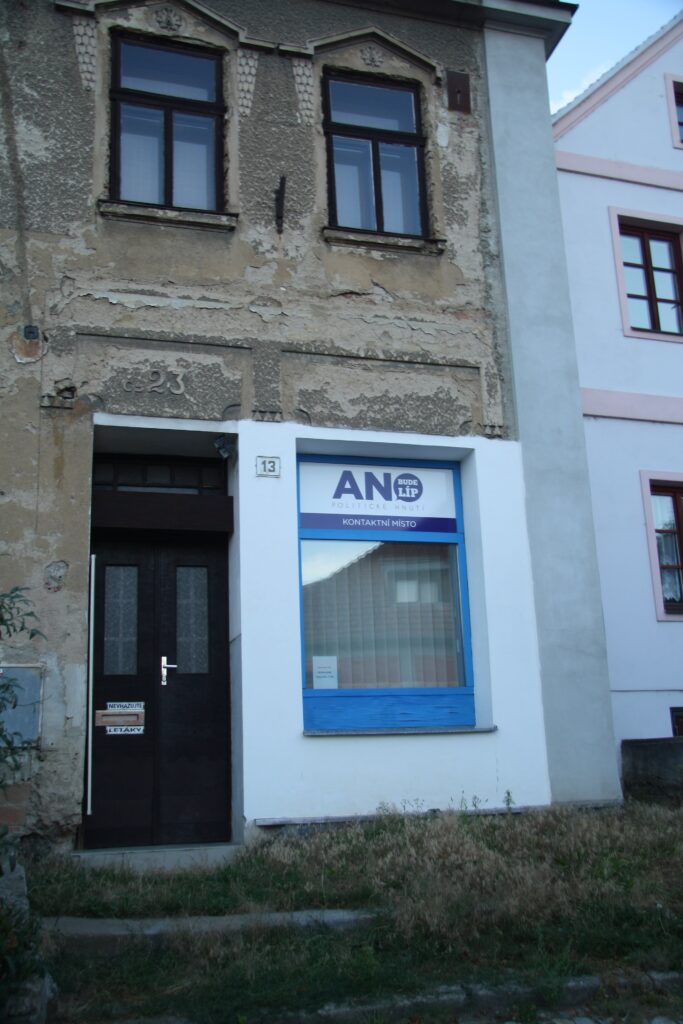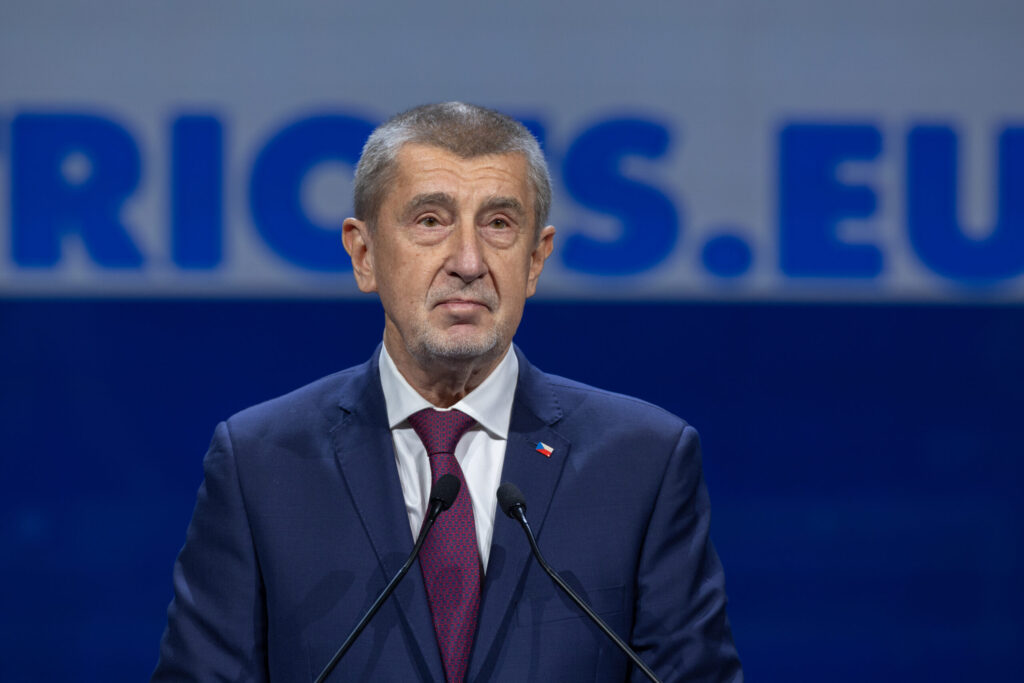When Czech voters went to the ballot box on October 3 and 4, 2025, to decide the country’s lower house of Parliament, the Chamber of Deputies, it was clear that this was a landmark election. True to the pivotal nature of the election, Czech voters returned Andrej Babiš and his ANO (“Yes”) party to political dominance, securing 34 per cent of the vote and 80 seats in parliament, the strongest result for any party. ANO defeated the ruling center-right SPOLU (“Together”) alliance, which formed the government under Prime Minister Petr Fiala in 2021. Dealing with COVID-19, a flagging economy, and rising energy costs, Fiala was deeply unpopular during his tenure. A Czech Television survey found that only 17 percent of Czechs were satisfied with the state of the country’s politics under his leadership. Thus, while Fiala’s defeat may not come as a surprise, it is noteworthy that Czech voters chose to replace him with former Prime Minister Andrej Babiš, a controversial and polarizing political figure.
To understand the country’s decision to return ANO to government, it is crucial to examine Andrej Babiš’s roots. Nicknamed the Czech Donald Trump, Babiš is the 7th-richest Czech, with a net worth of $4.3 billion USD. Prior to entering politics, Babiš made his fortune through fertilizer, taking ownership of a large agricultural conglomerate, Agrofert, which now has a wide array of diversified holdings. Babiš first entered government as finance minister from 2014 to 2017, before leading his party in government from 2017 to 2021. While Babiš’s first term in office was marked by strong economic growth, reflecting his promise to run the country like a business, it was also marred by corruption scandals, such as the infamous Stork Nest scandal, in which Babiš is alleged to have rearranged his company structure to receive EU subsidies for a private wellness resort. In addition, Babiš shifted Czechia’s geopolitical orientation away from a European path.
 Through Agrofert, Babiš rose to financial prominence. The company’s headquarters, in the Chodov district of Prague, is pictured above. “Prague-Chodov, Czechia, Pyšelská 2327/2, Klíčova street, Agrofert” by ŠJů, licensed under Creative Commons International 4.0 License.
Through Agrofert, Babiš rose to financial prominence. The company’s headquarters, in the Chodov district of Prague, is pictured above. “Prague-Chodov, Czechia, Pyšelská 2327/2, Klíčova street, Agrofert” by ŠJů, licensed under Creative Commons International 4.0 License.
Eurosceptic during ANO’s first term in government, Czechia allied closely with other European countries undergoing an illiberal swerve. Babiš is a close personal friend of Viktor Orbán, Hungary’s anti-EU and populist leader, and both countries have worked together in the past to harden the EU’s migration policies. However, while ANO is closely associated with Babiš’s personal opinions, it is challenging to place the party itself on a typical left-right political spectrum. While certainly populist, and even more so this election cycle, with campaign slogans translating to “Yes, it will be better again” and supporters wearing anti-green agenda T-shirts, the party is known for a pragmatic approach, proposing policies that resonate most with the public, no matter its left- or right-wing connotation. While ANO began in 2011 as an “anti-system entity of a billionaire businessman, calling for the replacement of political elites,” the party has increasingly shifted away from an economic message to one of social policies. This, coupled with a very vocal anti-migration and anti-climate stance, makes ANO hard to pin down ideologically, but also grants the party widespread maneuverability to seize whichever popular policies of the day would win votes.
Despite ANO’s malleable ideology, some clear trends can be extrapolated from the results of the Czech election; one of the most apparent is the country’s deep urban-rural polarity. Despite the 2021 election, in which Fiala’s SPOLU bloc won seats outside the capital, Prague, this effect was much less evident in this year’s election. ANO won every region outside the capital, excluding voters abroad, with strong support from older generations. In addition, the 2025 election represents increasing voter turnout in the country, with the election having nearly 69 percent of eligible Czechs casting a ballot, the second highest in the country’s history following the 1998 election. These two trends represent a significant shift in Czech politics, as a larger proportion of Czechs are engaging with the political system even as it becomes more regionally polarized.
 Through Agrofert, Babiš rose to financial prominence. The company’s headquarters, in the Chodov district of Prague is pictured above. “Prague-Chodov, Czechia, Pyšelská 2327/2, Klíčova street, Agrofert” by ŠJů, licensed under Creative Commons International 4.0 License.
Through Agrofert, Babiš rose to financial prominence. The company’s headquarters, in the Chodov district of Prague is pictured above. “Prague-Chodov, Czechia, Pyšelská 2327/2, Klíčova street, Agrofert” by ŠJů, licensed under Creative Commons International 4.0 License.
With ANO winning the most seats but falling short of a majority, many observers noted that the direction the Babiš government would take would depend on which other party joined ANO in a coalition. While Babiš signalled the probability of long negotiations, ANO has been quick to announce a coalition with the far-right Freedom and Direct Democracy Party (SPD) and the right-wing Motorist party. This gives ANO a working majority of 108 in the parliament, well above the majority threshold. While cabinet positions are yet to be announced, the SPD is expected to hold three posts, including the Ministry of Defence, one of the most important seats in the government. The co-optation of the far-right through an ANO-SPD alliance cements the next Czech government as one of the most conservative and right-wing in the country’s history. With other parties, such as SPOLU and the Mayors and Independents, refusing to work with ANO to form a government, anti-system actors that were once relegated to the fringes of Czech politics will now find themselves in government.
The new Czech coalition will have major implications for Central European politics and the EU as a whole. While Babiš is no Viktor Orbán, the leader has signalled his desire to decrease Czech support for Ukraine. With Czechia having the largest per capita proportion of Ukrainian refugees, the country was long seen as a strong supporter of Ukraine in the EU. Babiš has pledged to cancel current initiatives for military support to Ukraine, such as a Czech scheme to deliver millions of rounds of ammunition to the war-torn country. Furthermore, with Babiš facing an ongoing trial in a Prague District Court over embezzling EU funds for Agrofert, many observers have raised questions about the implications of his return to power for the rule of law, both in Czechia and Central Europe more broadly. Babiš has also alluded that his government will enforce a tougher anti-immigration approach, as “Babiš opposes the migration pact, which enters into force next year and is aimed to create a common EU asylum system.”
The main stopgap against the rightward swing of the incoming Czech government may be the country’s President, Petr Pavel. While the Czech Republic may have a parliamentary system, the Presidency still has strong powers to confirm government ministers, and Pavel has promised he would not accept anti-system candidates in Babiš’s new government. Within these push-and-pull factors, Babiš’s return marks a pivotal moment for Czech democracy, testing the country’s longstanding liberal trajectory in the face of rising populism. Babiš’s coalition with far-right parties signals a potential regional realignment and illiberal swerve as the country balances European commitments with domestic discontent.
Edited by Madeleine Glover
Featured Image: Andrej Babiš, the incoming Czech Prime Minister. “Andrej Babiš in February 2025” by Vox Espana is licensed under Creative Commons 1.0 Universal Public Domain License.
